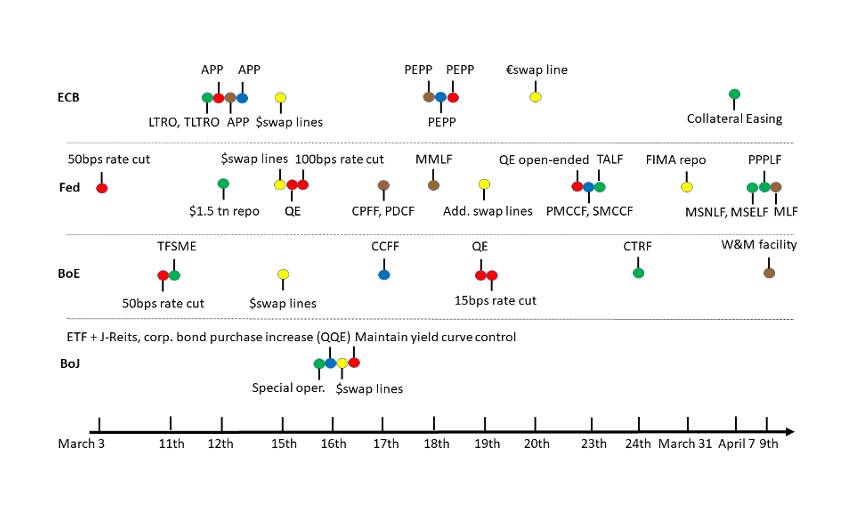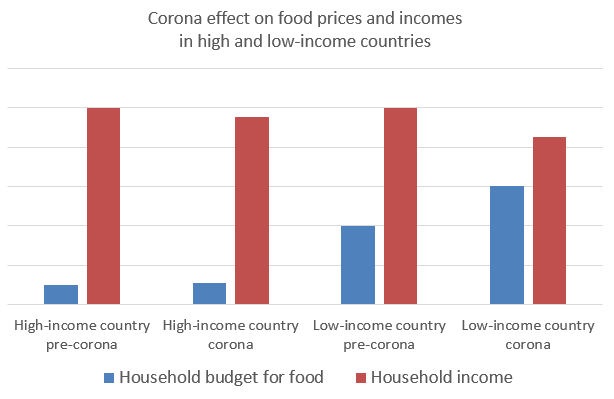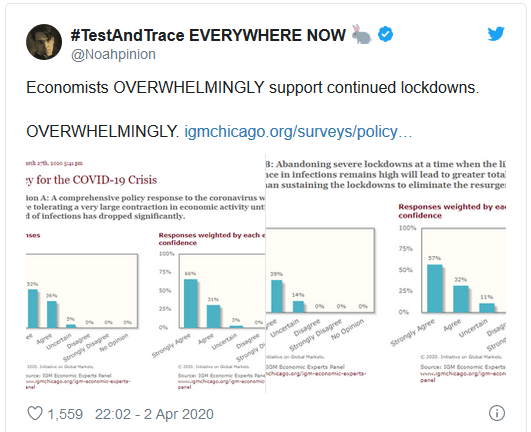Cliché ideas of how the international economy works (see the work of Brad Setser and many others):
- Companies use “financial centers” aka tax havens to minimize their tax bills.
- Financial institutions in surplus countries invest the money abroad, but are not good at it.
Let’s have a look at how the aircraft leasing business works in reality.
Financial center? Check:
“Ireland is one of the biggest centres for airline leasing in the world. Many of the world’s biggest and best airline leasing companies are based in the Republic”, which explains why Ireland has 17,000 aircraft orders. [To be fair, financial centers also benefit from the concentration of specialized workers and firms.]
Financiers from Germany, Japan and China investing in low-margin, high risk businesses? Check:
Between 2010 and 2014, [Dublin-based aircraft leasing company] Avolon also raised US$6.1 billion in debt from the capital markets and a range of commercial and specialist aviation banks including Wells Fargo Securities, Citi, Deutsche Bank, BNP Paribas, Credit Agricole, UBS, DVB, Nord LB and KfW IPEX-Bank. In 2017, Avolon entered the public debt markets and raised a total over US$9 billion in debt finance. In November 2018, Avolon announced that Japanese financial institution, ORIX Corporation had acquired a 30% stake in the business from its shareholder Bohai Capital, part of China’s HNA Group. (source: Wikipedia)



